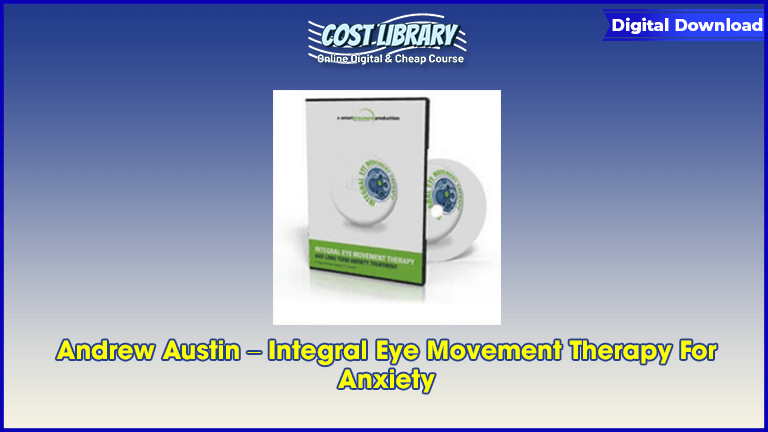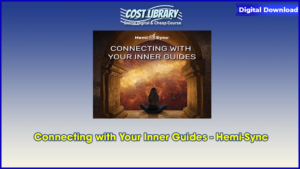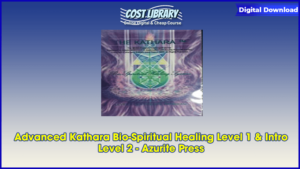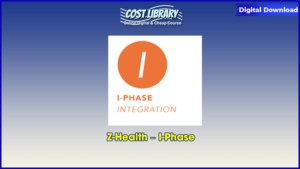Included in these four video presentations:
Part 1. Emotional Engineering – De-potentiating Imprints of Emotion with IEMT
Andrew Austin – Integral Eye Movement Therapy For Anxiety
Introduction to the IEMT Structure
Eye Movement and 3D Accessing Cues
Introductory Exercise and Calibration of Representational Change
The IEMT Basic Pattern and Imprint Tracking
Post Traumatic Stress Disorder (PTSD) and Time Coding
Part 2. Identity Re-Imprinting – Updating Our Way of Being with IEMT
Introduction to the Structure of Identity
4 Pronouns – I, Me, Self, You
The IEMT Identity Pattern (Simple Form)
The IEMT Identity Pattern (Complex Form)
Physiological State Accessing Cues
Changing Unconscious State Accessing
Changing the Negative Kino-Somatic Imprint
Also referenced are “The Patterns of Chronicityâ€, the inadvertent behavioural patterns often demonstrated by clients who appear resistant to psychotherapeutic treatment and intervention.
“After ONE SESSION of IEMT, a client of ours went back to a therapist she’s been seeing for 15 yrs and told her about the experience she had with IEMT and the amazing difference it made. The therapist said, “Oh, really… and what new medication are you on?†We’re expecting a call…†James Cervelloni, Mindopoly Center for Change, New York
BONUS MATERIAL 1: “Integral Eye Movement Therapy and Long-Term Anxiety Treatmentâ€
A 50-minute presentation on the application of Integral Eye Movement Therapy (IEMT) work to long-term anxiety.
Anxiety sufferers who find that their condition proves to be treatment-resistant will often adapt and simply learn to live with the anxiety. From a therapeutic point of view, this is not the best of outcomes, but it is something that is too commonly accepted by the therapeutic professions.
In this studio recording, Andrew T. Austin outlines and discusses the application of IEMT’s “Three Pillars Model†to long-term anxiety conditions. The Three Pillars model explains the relationship between guilt and anxiety, and between anxiety and anger. By examining the underlying rule structure and emotional chaining that can lead to unremitting anxiety, rapid change can result where previously such an outcome would have been unthinkable.
The Three Pillars model doesn’t fit in every instance, like everything in IEMT this is no grand unified theory of therapy but is a very useful set of tools for the modern brief therapist.
BONUS MATERIAL 2: “The Complete Sessions†Sample Archive Material
A complete client session exploring identity.
The client in this session had no prior experience of IEMT and, having arrived at the suggestion of a friend, apparently had no idea that she was coming to a therapy session. What follows is a curious demonstration and exploration of the pronoun identities so very rarely captured on film.








